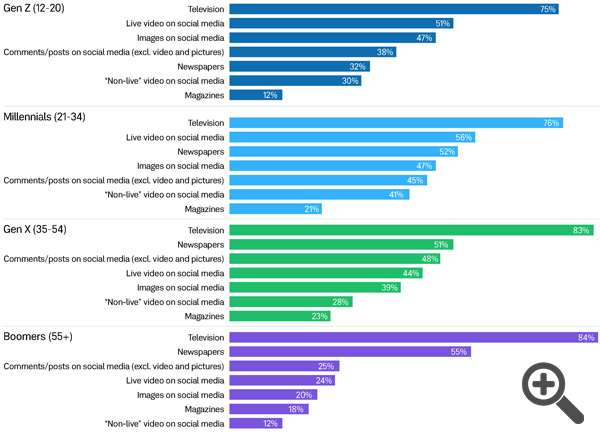From the implications of Brexit to the election of Donald Trump, politics is having a massive effect on consumers and how they relate to brands. A report from marketing agency J. Walter Thompson’s Innovation Group called The Political Consumer, looks at the impact politics has on consumers.
Discussing why everyones seems to be so political these days, Shepherd Laughlin, director of trend forecasting at J Walter Thompson Worldwide, says this isn’t just because of recent events: “Political discussions have reached fever pitch this year, but when it comes to ongoing social movements such as feminism, racial politics, immigration and LGBT rights, debates were already becoming louder and more contentious even before the Brexit vote and the US election, and they’re likely to continue to do so. Even for brands, it’s becoming more difficult to avoid taking a stand – those that sit on the sidelines risk missing out on important conversations, or even alienating consumers who seek a better alignment with their values.
The youth of today
The people most likely to buy differently for political reasons are younger consumers, Laughlin explains: “Younger generations appear to be much more aware of brands that have taken political stances, and more interested in buying brands that align with their values. More than half of US millennials, 51%, say they appreciate when a brand takes a political stance in its advertising, compared to 40% for the general population. Americans are also overwhelmingly supportive of brands that take stances on issues: 78% agree that companies should take action to address the important issues facing society, while 88% agree that corporations have the power to influence social change.”
Political marketing
So how should brands change their marketing strategies in this politicised climate? Laughlin says that there’s no one-size-fits-all strategy for brands in this environment, but there are particular tactics they can try. “Our study identified ‘kindness campaigns’ in which brands acknowledge partisan divisions, before shifting to a unifying message about shared values. ‘Movement brands’ align themselves directly with social movements, a strategy that risks alienating some consumers, but potentially forging a stronger bond with sympathetic ones. ‘Generation Z brands’ often partner with politically outspoken celebrities, whilst remaining silent on political issues themselves.”
Whatever the strategy, brands need to consider in advance how they will relate to politics in these divided times, before being pulled into a conversation and caught off guard. Laughline concludes: “PROs should consider whether keeping politics at arm’s length still makes sense in a world where polarised political outlooks increasingly shape psychographics and buying behaviours.”
Methodology
Research for The Political Consumer combined qualitative and quantitative methods. Background trends from press reports and outside data sources were analysed, as well as examples of recent advertisements featuring political content, and a survey was conducted of US consumers using SONAR, J. Walter Thompson’s proprietary research unit. The survey examined attitudes toward politics, media, brands, and the relationships between all three, and was representative of the general US population, with a sample size of 1,001 consumers.
PRmoment Leaders
PRmoment Leaders is our new subscription-based learning programme and community, built by PRmoment specifically for the next generation of PR and communications leaders to learn, network, and lead.
PRmoment LeadersIf you enjoyed this article, sign up for free to our twice weekly editorial alert.
We have six email alerts in total - covering ESG, internal comms, PR jobs and events. Enter your email address below to find out more:











